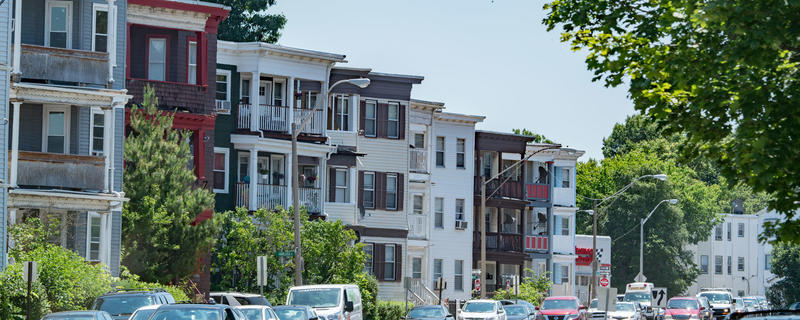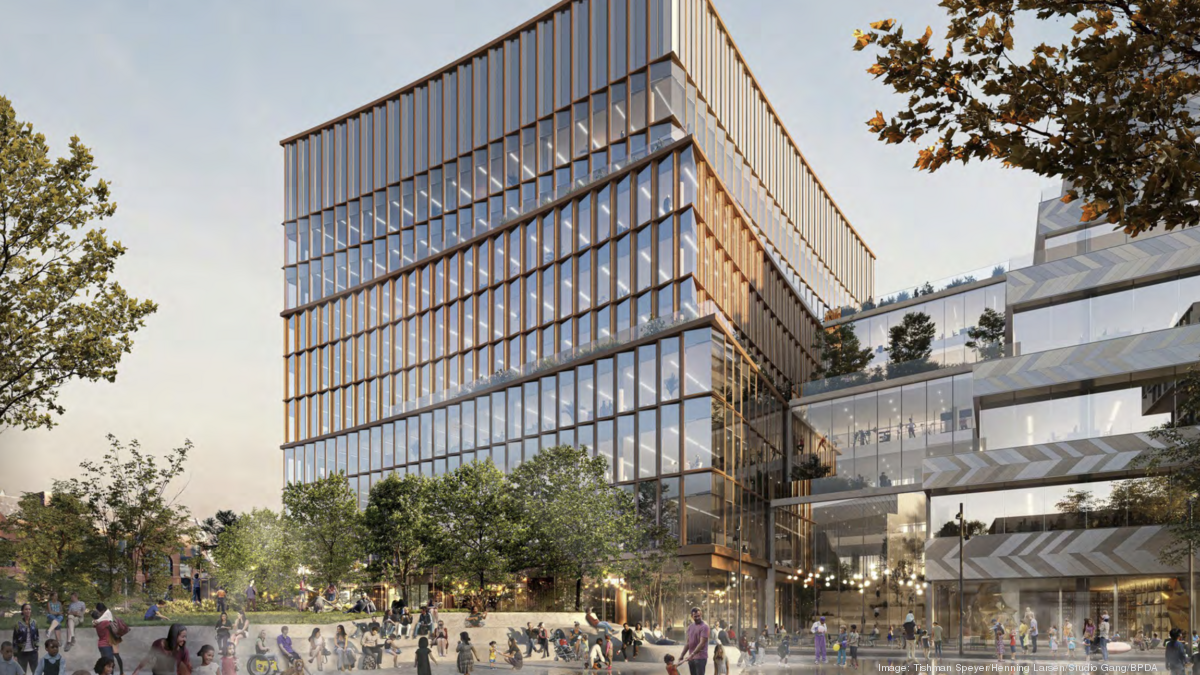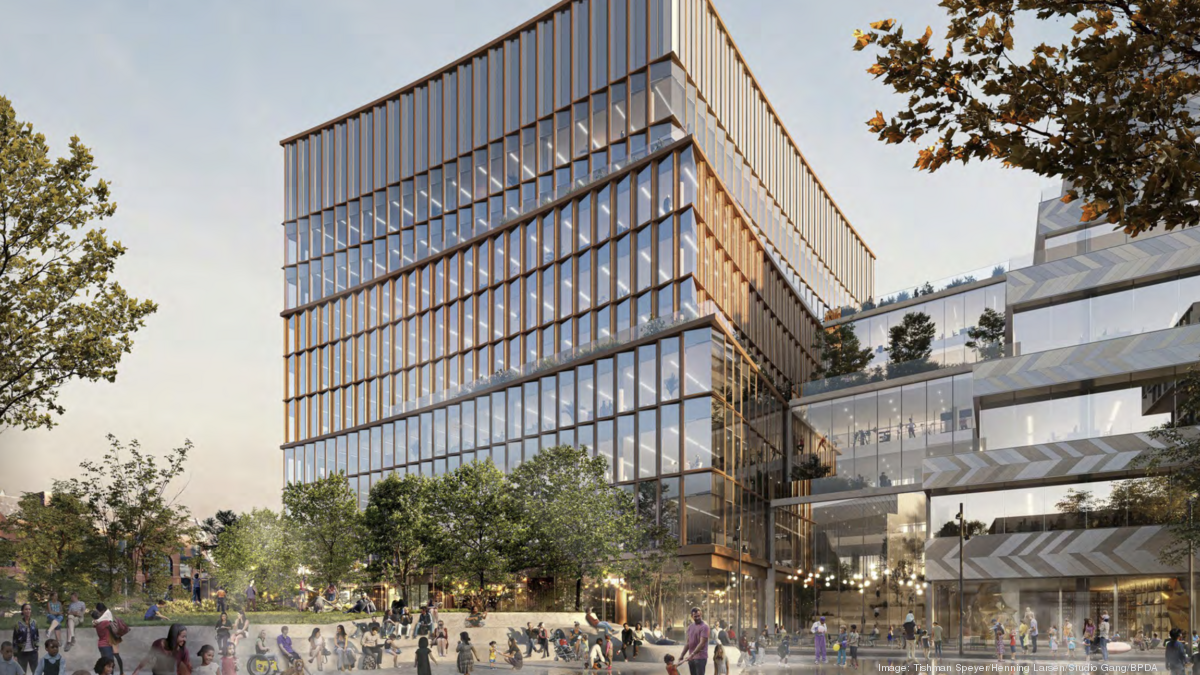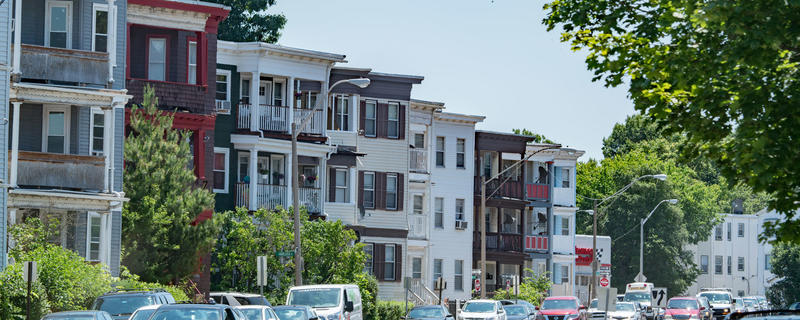
Affordable housing in Boston is an urgent issue that community leaders are striving to address, especially with the growing Boston housing crisis affecting families across the city. Recently, funding of over $60 million was allocated to various affordable housing projects Boston to increase the supply of affordable units, particularly in neighborhoods like Allston, which is set to gain numerous income-restricted housing opportunities. Harvard University is playing a crucial role, contributing to the development of 43 affordable homeownership units and the transformation of historical sites into rental units for seniors. This initiative reflects a collaborative effort between Harvard and city officials, highlighting the importance of community partnerships in tackling this pressing issue. With these projects, Boston aims to ensure that all residents can attain safe and affordable homes, thereby fostering a more equitable living environment.
The topic of cost-effective housing solutions in Boston encompasses various terms such as budget-friendly homes, low-income housing, and subsidized living opportunities. As local governments and organizations seek to alleviate the housing shortage, the focus is on creating diverse units that cater to families, seniors, and individuals struggling with rising living costs. Recent developments in areas like Allston are pivotal, offering not just affordable units but also supportive infrastructure that aids community growth. Collaborative efforts among educational institutions, municipal leaders, and community organizations intensify the commitment to producing sustainable living options. In this regard, the push for inclusive residential opportunities reflects a broader aim: to secure stable, affordable housing that enhances the quality of life for all Bostonians.
Understanding the Boston Housing Crisis
The Boston housing crisis has emerged as a formidable challenge, affecting countless families across the city. As populations grow and demand for housing increases, low and middle-income residents find themselves priced out of the market, exacerbating issues of affordability. The housing market has become increasingly competitive, often leading to residents struggling to secure stable and affordable living conditions. This situation is particularly dire in neighborhoods like Allston and Brighton, where the need for affordable housing options is pressing.
In response to this crisis, various community and institutional efforts are being mobilized, including significant contributions from prominent entities like Harvard University. Their funding initiatives aim not only to create new units of affordable housing but also to preserve existing ones, all the while addressing the unique needs of each neighborhood. With a concerted effort to expand income-restricted housing options, stakeholders are beginning to take steps toward alleviating the pressures felt across the Boston housing market.
Affordable Housing Projects in Boston
Boston is witnessing an encouraging wave of affordable housing projects that are being funded to combat the existing housing crisis. Recent initiatives have resulted in the development of 637 units of income-restricted housing across various neighborhoods, including Allston, Brighton, and Roxbury. Projects like the transformation of the historic Hill Memorial Baptist Church into 49 affordable rental units showcase innovative solutions that not only enhance the community’s housing stock but also preserve historical landmarks.
Additionally, with substantial financial backing from entities like Harvard, housing initiatives are increasingly becoming sustainable and community-focused. The $60 million funding awarded to multiple affordable housing projects marks a significant stride toward ensuring that residents have access to homes they can afford. These projects are designed with the community in mind, promoting local economic growth and adhering to environmental standards, making them a cornerstone of Boston’s strategy to provide affordable housing.
Overall, this infusion of resources signals a commitment to addressing the affordable housing shortfall in Boston. Collaborative efforts between the city, universities, and local organizations reflect a promising path toward sustainable urban development that prioritizes affordability and accessibility.
Harvard’s Commitment to Affordable Housing
Harvard University has demonstrated a strong commitment to addressing the affordable housing needs in Boston through various initiatives aimed at creating and preserving housing for low-income residents. One of the most notable contributions is the funding of affordable units at 65 Seattle St. in Allston, which is part of a larger strategy to enhance housing accessibility. Harvard’s financial support of $4.8 million for the development of affordable homeownership units underscores the institution’s dedication to improving community living standards.
Moreover, Harvard’s comprehensive housing strategy extends beyond mere financial contribution. By ensuring that 20 percent of the residential units in the Enterprise Research Campus are designated as affordable, Harvard is taking tangible steps to integrate affordable housing into broader urban development efforts. The university’s ongoing collaboration with city officials and local businesses illustrates a model for community engagement that prioritizes the creation of income-restricted housing while stimulating local economies.
Affordable Housing Initiatives in Allston
Allston has emerged as a frontline in the battle against the housing crisis in Boston, largely fueled by various affordable housing initiatives. Under the recent funding announcements, nearly 100 new affordable units are set to be developed in this vibrant neighborhood, making significant strides towards meeting the housing needs of its residents. The collaborative efforts between Harvard and the city have positioned Allston as a hub for housing innovation, with projects specially designed to support low-income families.
In particular, the development featuring 43 affordable homeownership units at 65 Seattle St. signifies an opportunity for residents to gain equity in their living situations. This focus on affordable housing projects not only aims to provide shelter but also fosters community cohesion by enhancing the social fabric of the area. As these initiatives come to fruition, they are expected to revitalize the neighborhood, creating a more inclusive and diverse community.
The Role of Community Partnerships
The successful development of affordable housing in Boston is largely attributable to effective community partnerships that unite various stakeholders, from universities like Harvard to local non-profits and government agencies. These collaborations are centered around a common goal: to increase access to affordable housing while ensuring that development is respectful of community needs and identities. By pooling resources and expertise, these partnerships have the potential to address the multifaceted aspects of the housing crisis more effectively.
Such partnerships allow for a more nuanced understanding of local demands, enabling tailored solutions that can better serve the unique needs of each neighborhood. For example, the collaboration between the Allston Brighton Community Development Corp. and Harvard to stabilize homeownership through deed-restricted properties exemplifies how localized efforts can lead to real impact. When communities work together, the results can be impactful, promoting both affordability and sustainability in housing.
Sustainability and Affordable Housing
As Boston takes significant strides toward increasing its stock of affordable housing, sustainability remains a key focus in these developmental projects. The latest initiatives require compliance with Zero Emissions Building standards, placing an emphasis on environmentally sound construction practices. This forward-thinking approach not only addresses the immediate need for housing but also supports long-term goals related to climate resilience and reducing the city’s carbon footprint.
Sustainable housing projects not only benefit the environment but also enrich communities by creating healthier living spaces. The integration of on-site solar panels and energy-efficient technologies into new developments is setting a precedent for future housing projects. Affordable housing in Boston is increasingly becoming synonymous with eco-friendly practices, demonstrating that environmental stewardship and social equity can go hand in hand in the journey to combat the housing crisis.
The Importance of Income-Restricted Housing
Income-restricted housing plays a crucial role in maintaining economic diversity within urban areas like Boston. It provides essential housing options for those who might otherwise struggle to find affordable accommodations in a city known for its high living costs. As housing prices continue to soar, the importance of these types of units becomes starkly evident. They ensure that a wide range of residents can live, work, and thrive in their communities without facing the threat of displacement.
Furthermore, by creating a significant number of income-restricted housing units, Boston is fostering a sense of community stability. These housing options allow families and individuals to establish roots, participate in local activities, and contribute to the economy. The recent initiatives that aim to establish hundreds of new income-restricted units in neighborhoods across the city appear to be well-aligned with the overall vision of a fair and inclusive urban landscape.
Future Prospects for Affordable Housing in Boston
Looking to the future, the affordability landscape in Boston will likely continue to evolve in response to ongoing efforts toward solving the housing crisis. With the recent announcements of funding and support for various projects, there is optimism that many of the developments will provide tangible benefits to those in need. The city’s commitment to integrating affordable housing into future developments signals an acknowledgment of the pressing need to create a more accessible living environment for all residents.
However, achieving lasting change will require continued collaboration among all stakeholders involved, including policymakers, developers, and community advocacy groups. As Boston embarks on this journey, the lessons learned from previous initiatives can guide future efforts. The focus must remain on those most affected by the housing crisis, ensuring that all voices are heard as the city works to build a more equitable future.
Frequently Asked Questions
What are the latest affordable housing projects in Boston?
Recent announcements highlight significant funding for affordable housing projects in Boston, including a Harvard-supported initiative that will add approximately 637 units of income-restricted housing. Notable projects include the development of 43 affordable homeownership units and 49 affordable rental units for seniors in Allston, addressing the pressing Boston housing crisis.
How is Harvard contributing to affordable housing in Boston?
Harvard plays a vital role in addressing the affordable housing crisis in Boston. They have committed over $25 million to support affordable housing initiatives and have facilitated the development of over 1,300 new housing units, with 25 percent designated as affordable. Their latest projects include funding for affordable housing developments in Allston.
What is the significance of income-restricted housing in Boston?
Income-restricted housing is essential in Boston to provide affordable living options for low- and moderate-income families. These units ensure that housing remains accessible amidst rising costs. Recent projects, including those in Allston, focus on increasing the supply of income-restricted housing to combat the Boston housing crisis.
Where can I find affordable units in Allston, Boston?
Allston is witnessing the development of new affordable units, primarily due to initiatives like Harvard’s funding for housing projects. Specifically, the transformation of the historic Hill Memorial Baptist Church into 49 affordable rental units is a part of the city’s efforts to provide more affordable housing options in the area.
What support is available for affordable housing in Boston?
Various support mechanisms exist for affordable housing in Boston, including city funding opportunities and programs like Harvard’s All Bright Homeownership Program, which aids in stabilizing homeownership within the Allston community. These resources aim to enhance affordability and accessibility in Boston’s housing market.
How is the Boston housing crisis being addressed?
The Boston housing crisis is being addressed through collaborative efforts between the city and institutions like Harvard, which have funded multiple affordable housing projects. Recent announcements include significant investments aimed at creating and preserving affordable housing units across Boston, especially in neighborhoods like Allston.
What are the benefits of affordable housing projects in Boston?
Affordable housing projects in Boston not only provide necessary living spaces for low-income residents but also contribute to the local economy and help achieve climate goals by focusing on sustainable development practices. Recent projects throughout the city, especially in Allston, reinforce this dual benefit.
| Project Name | Location | Unit Type | Number of Units | Funding Contribution |
|---|---|---|---|---|
| Seattle St. Development | 65 Seattle St., Allston | Homeownership | 43 | Harvard: $4.8 million (land donation) |
| Hill Memorial Baptist Church | North Harvard St., Allston | Rental for Seniors | 49 | Harvard: Part of $60 million funding |
| Total Projects | Various Locations (Allston, Brighton, etc.) | Mixed (Rental, Homeownership, Senior Housing) | 637 | Part of $60 million funding package |
Summary
Affordable housing in Boston is a pressing need, and recent initiatives demonstrate a strong commitment to addressing this crisis. The funding announcement for the creation of nearly 100 affordable housing units in Allston is a significant step towards increasing the availability of affordable housing options in the city. With Harvard’s involvement in these projects, including substantial financial contributions and land donations, it is clear that collaborative efforts are key to resolving the housing challenges faced by families in Boston. This initiative not only aims to provide affordable units but also supports economic equity and environmental goals, making it a vital development for the community.









